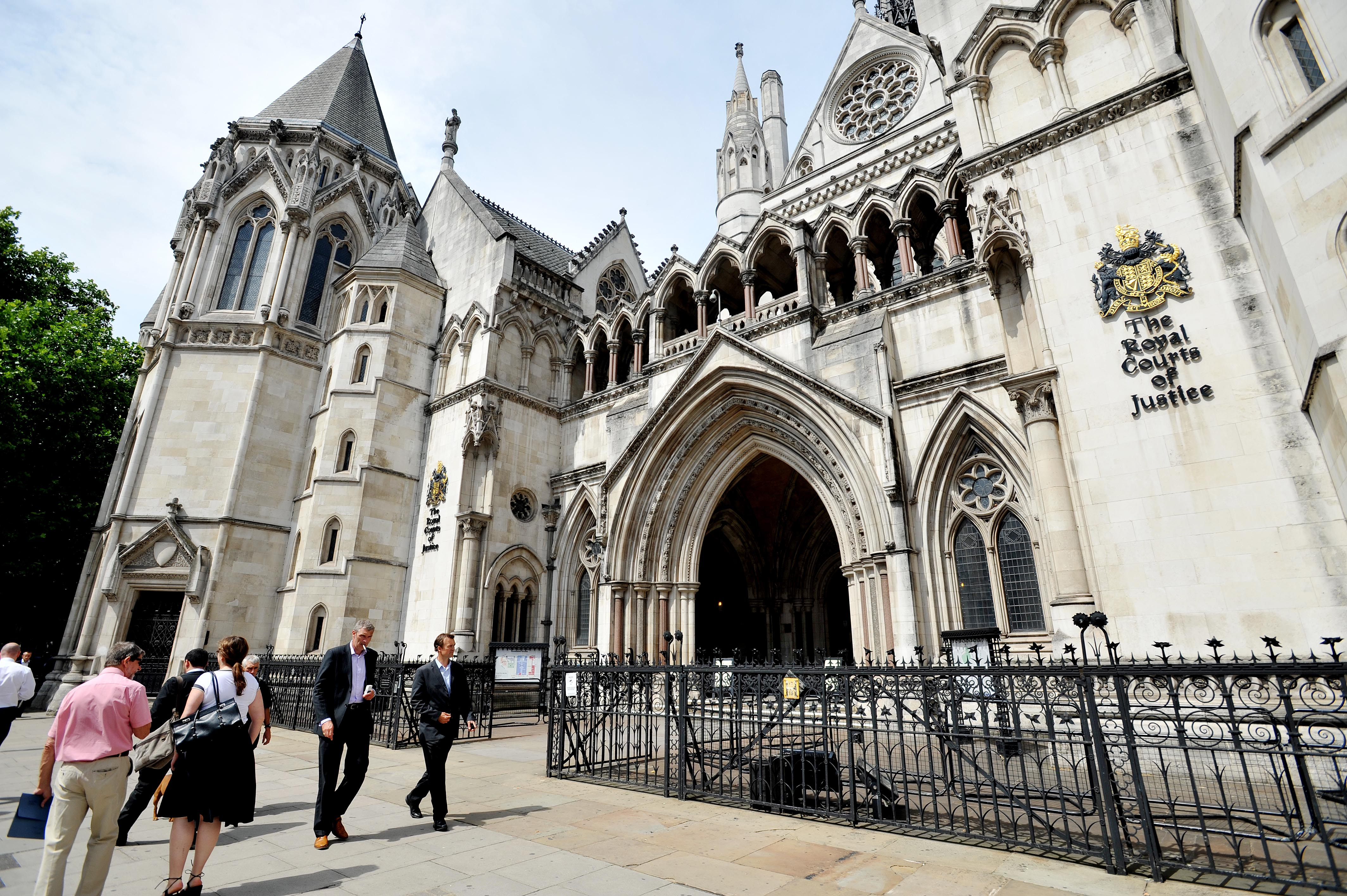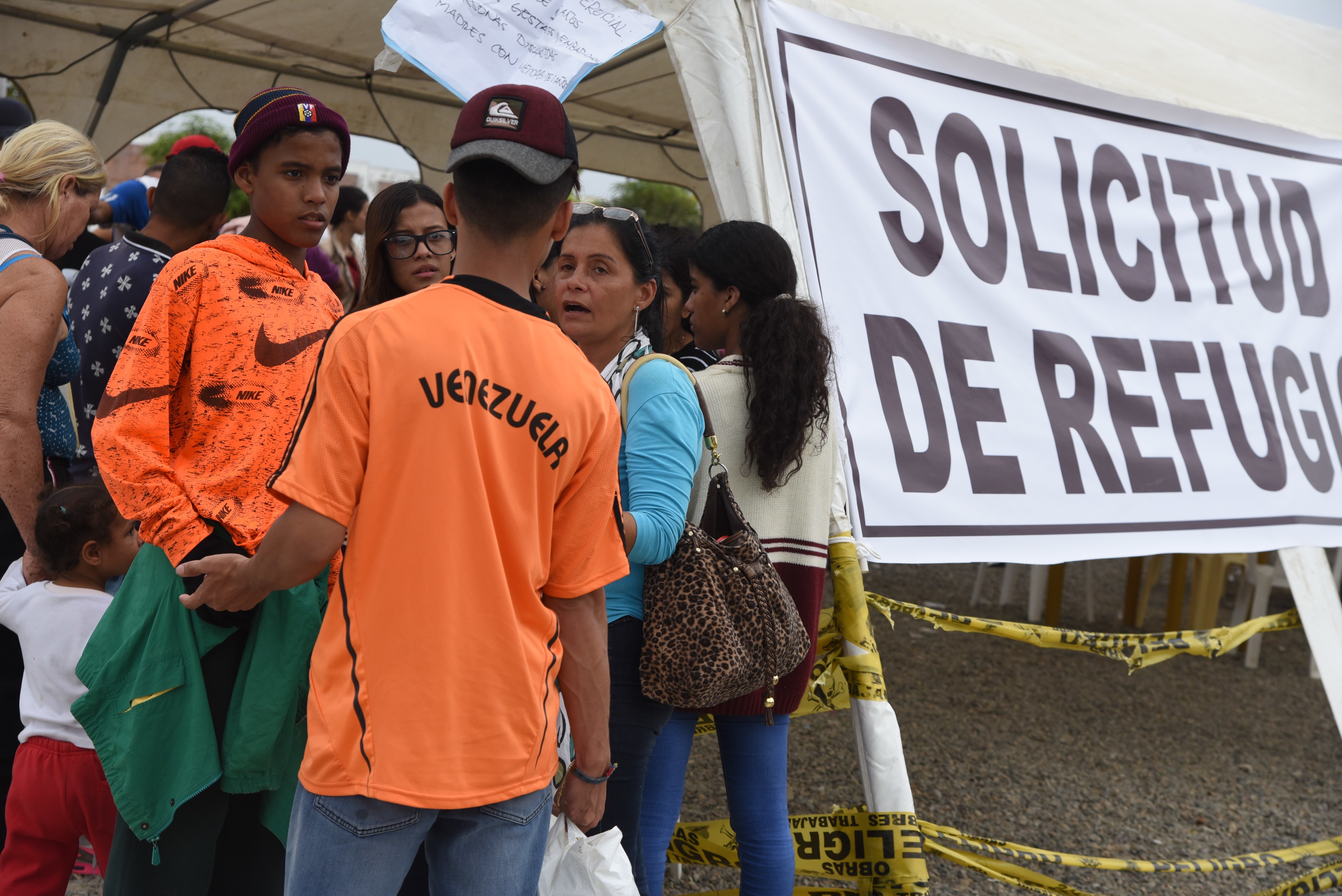On June 20, International Refugees Day, the Peruvian bishops released a statement calling for the government to strengthen mechanisms for processing asylum applications. Peru has received 800,000 Venezuelans since the socio-economic crisis in that country began and it has now tightened restrictions.
A new policy says that all people must have a visa and passport to enter the country. Passports in Venezuela are expensive, and many Venezuelans leave the country without updated travel documents. The law went into effect on 15 June and on 14 June more than 8,000 Venezuelans entered the country.
Meanwhile a warning about increased human trafficking, particularly of young women, has been issued by the Venezuelan archbishop who chairs the Catholic Justice and Peace Commission of the Venezuelan Bishops’ Conference. Archbishop Emeritus Roberto Lückert León of Coro said, “the Justice and Peace Commission and Caritas urge the authorities to investigate, prosecute, and convict those responsible for human trafficking crimes; and to guarantee the families of the victims direct access, without any obstacle, to state security bodies and judicial bodies, to expose their cases and receive justice without delay”.
The Justice and Peace Commission has been supporting families looking into incidents of missing passengers in refugee boats. The Commission reports that “the majority of the missing persons in this circumstance were women, contacted by people who had offered them work and better living conditions”. The Commission fears that they have become victims of criminal gangs operating in the eastern part of the country and in the border areas of Falcón, Brazil and Colombia.
Mexico’s Episcopal Conference denounced the militarisation of borders, while the US bishops said that “World Refugee Day calls attention to the critical need to assist our refugee brothers and sisters and make them feel a sense of welcome”.
Hundreds of pairs of shoes were lined up along a stretch of road in the southern Philippines city of Marawi on last week’s World Refugee Day to remember those who died during the 2017 conflict that devastated the city. The 20 June "shoe parade" aimed to lobby the government to hasten the rebuilding of the Muslim-majority city and compensate those affected by the conflict. The “parade” led to temporary shelters where an estimated 2,000 families still live. About half a million people were displaced by the five-month siege after Islamist terrorist gunmen attacked Marawi on Mindanao in May 2017. At least 66,000 people remain in temporary shelters.



 Loading ...
Loading ...